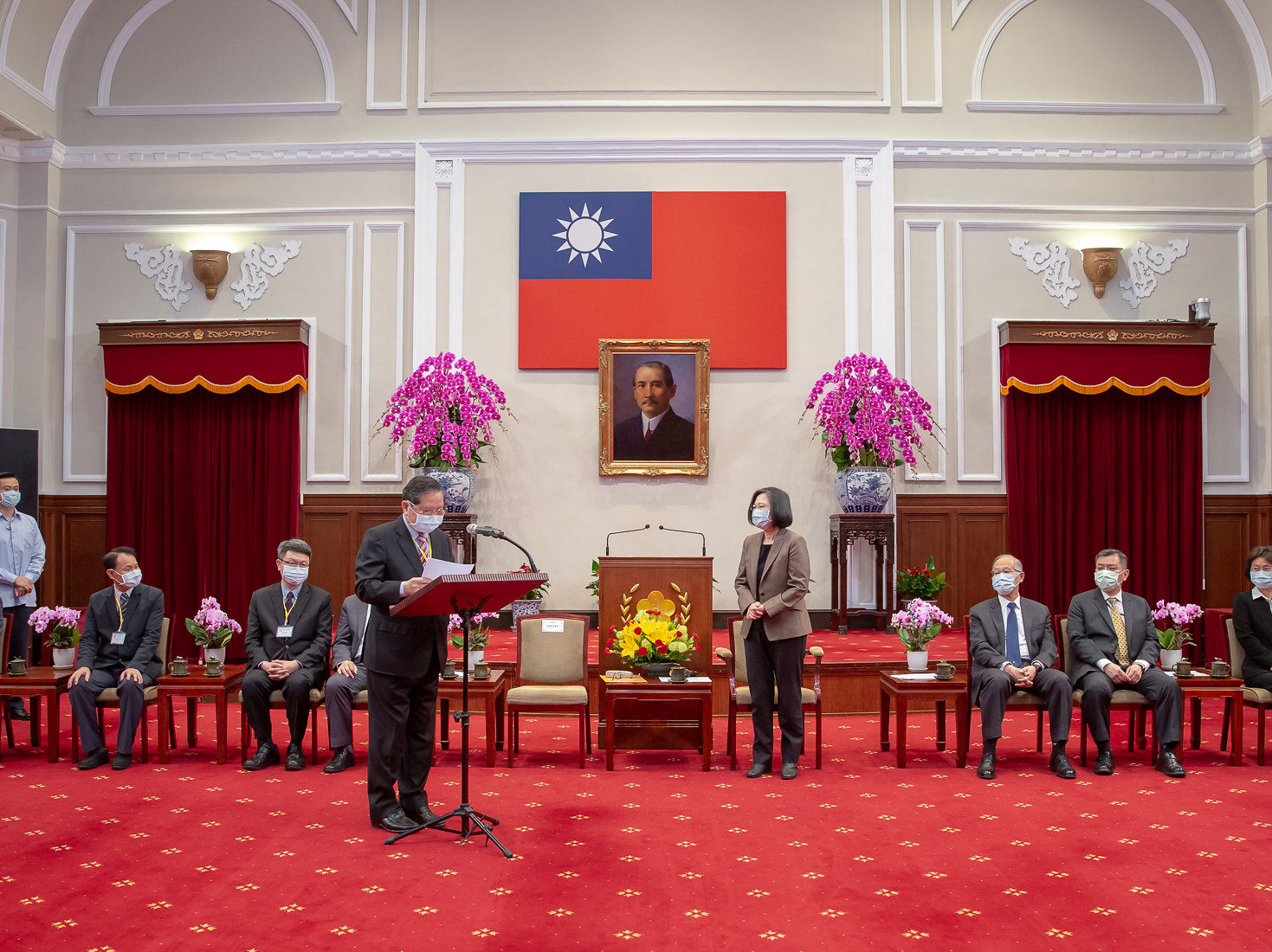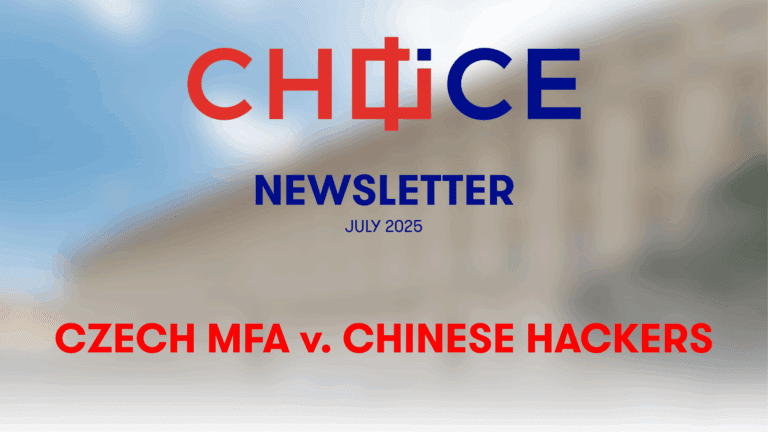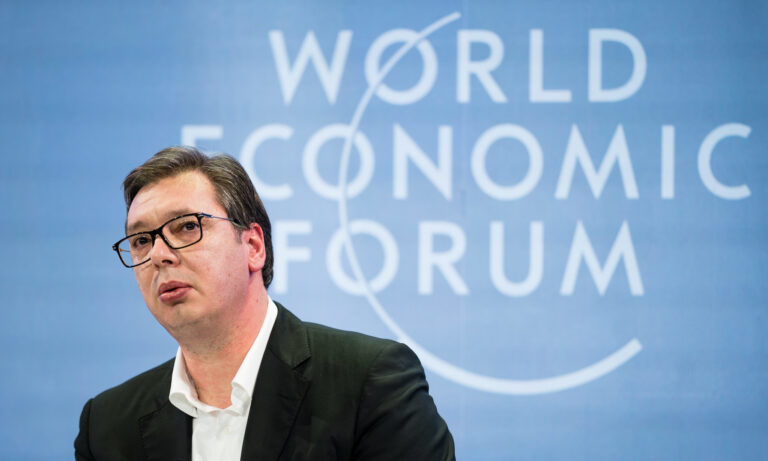China, the 17+1 Platform, and Taiwan: a ‘New Stage’?

At the occasion of the 17+1 virtual summit held in February, Chinese President Xi Jinping confidently declared that ties between China and the 17 Central Eastern European countries entered a new stage. By now it is clear the new stage President Xi praised means different things to different people – and governments – on both sides.
As such, Bulgaria, Romania, and Slovenia had joined the three Baltic countries – Estonia, Latvia, and Lithuania – in not sending their presidents or prime ministers to join the summit, signaling their reluctance to deepen ties with China. Kaja Kallas, Estonia’s prime minister stated her country preferred using the EU27+1 format to address China. In February, Lithuania made it clear it was no longer interested in participating in the platform and that it would expand relations with Taiwan by opening an economic representation in the country. Indeed, Taiwan may be set to gain from the region’s disillusionment with China.
New Reality
Battling the pandemic is the largest factor contributing to a deepening in the perception gap between the CEE countries and China. This seems to be a part of a larger trend as countries across the continent are reconsidering their ties with Beijing.
The pre-existing normative divergence between the EU as a bloc and China has widened, pushing the European Commission as far as to name China, along with Russia, as a source of targeted influence operations and disinformation campaigns. It was in fact in 2016 that the EU started shifting its approach to China, demanding reciprocity and condemning Beijing’s authoritarian response to domestic dissent, finally labeling it a “systemic rival” in 2019.
The conclusion of negotiations on the Comprehensive Agreement on Investment (CAI) seemed to buck the trend somewhat. Then, in March 2021, in response to the EU’s Xinjiang sanctions, Beijing imposed sanctions on several EU politicians and entities, including Members of the European Parliament (MEPs) whose support is vital for the future of CAI.
This shift in the EU’s approach inspired a greater level of interest in certain member states, albeit to varying degrees, to reflect on their ties with Taiwan, a technologically advanced economy and thriving democracy that China claims as its own territory. Yet, while a more hawkish stance on China could contribute to improving the EU’s international standing, the EU’s internal fragmentation remains the most significant factor limiting its approach to both China and Taiwan.
Taiwan Model
Since the outbreak of the coronavirus, Beijing concealed information in a top-down approach with excessive state capacity to exert mass control over its population. In contrast, Taiwan set an example of using transparency, technology, and trust as key elements to contain the virus. Taiwan’s success in protecting the health of its citizens and its technology prowess have, in a mutually reinforcing way, made the Taiwan Model shine, successfully containing both the pandemic and the ‘infodemic’.
What is more, in the larger context of great power competition where critical technologies play a central role, Taiwan has become a geostrategic stake. This prompted the EU member states to recognize the need to start considering Taiwan on its own merit, as a genuine partner in global health and in critical technologies. As some recently argued, the world is now critically dependent on Taiwan for semiconductors.
EU-Taiwan, Like-minded Partners
As of yet, the EU does not have diplomatic relations with Taiwan. However, 15 EU member states have trade and economic representative offices in Taipei, in addition to the European Economic and Trade Office (EETO) established in 2003. And, while Beijing considers Taiwan an inalienable part of China, for the EU Taiwan is a like-minded partner.
In its January 2021 annual report on the Implementation of the Common Foreign and Security Policy (CFSP) the EP called on the EU and its Member States “to revisit their engagement policy with Taiwan and to cooperate with international partners in helping sustain democracy in Taiwan free from foreign threats”. No previous CFSP EP report has ever embraced such positive language in regard to Taiwan, a clear indication that times are changing.
Interest in making change happen is also what inspired a joint letter initiated by several MEPs in 2020, including Reinhard Bütikofer, the Head of the EU-China Delegation, as well as Volker Stanzel, Germany’s former ambassador to China. Europe’s policy regarding Taiwan and cross-strait relations is inadequate and needs overhauling, they stressed. In another similarly unprecedented move, Commission President Ursula von der Leyen tweeted the EU’s gratitude to Taiwan for its generous mask donation in April 2020.
The fight against the pandemic has offered a unique opportunity for the EU to upgrade its relations with Taiwan, as it rethinks its ties with China and seeks to increase its engagement with democracies in the Indo-Pacific. What role can CEE nations play in this process, mindful of the EU’s fragmentation and the EU’s geopolitical ambitions?
From Prague-Beijing to Prague-Taipei
Certainly, by far the most tangible and perhaps bold sign of support to Taiwan came from the Czech Republic. In August 2020, Czech Senate President Miloš Vystrčil led a delegation of 89 civic and political leaders to Taiwan. This visit followed the cancelation of the sister-city agreement between Prague and Beijing in October 2019, cooperation approved back in 2016, just before Chinese President Xi Jinping’s state visit to the country. The reason behind Beijing’s decision to cancel the partnership is pertinent; Prague mayor Zdenek Hrib called to eliminate the One China reference from the agreement, stating that such language was not related to the cities’ relationship.
At a time when city diplomacy becomes increasingly relevant in addressing global challenges, the Prague-Taipei partnership carries added value for at least two reasons.
First, the pandemic has indicated the urgency for cities to identify smart solutions that balance technology with privacy and transparency, which is something Taipei, and other cities in Taiwan, excelled at during the pandemic. It is promising that the sister-city agreement linking Prague and Taipei also covers technology, health care as well as smart city cooperation. The two partners can thus contribute to making cities inclusive, safe, resilient, and sustainable, in line with the Sustainable Development Goals.
Second, given that China continues to block Taiwan out of government-to-government cooperation, city diplomacy can facilitate Taiwan’s efforts to circumvent its isolation and be treated as a genuine partner. This puts Prague into a strategic position, but also Grenoble, who recently sealed a sister city partnership with Taoyuan, in addition to other existing cooperation frameworks with cities across Europe.
17+1 no more?
The pandemic has intensified a sense of disillusion concerning China across the CEE countries, bringing Taiwan to the center of the debate. As such, the Czech delegation’s visit to Taiwan speaks for itself. Lithuania’s decision to leave 17+1 speaks even louder. In the long run, the substance of these decisions should not be over overestimated. In the short run, more value lies in their symbolism. The Czech visit sets a precedent for its neighbors to seize the momentum and rethink relations with Taiwan. By leaving the platform, Lithuania has gone one step further; away from China, closer to Taiwan. The next step for Vilnius is now to open an office in Taipei, and lead the way for its Baltic peers to do the same.
Currently out of the 12 EU member states in 17+1, the V4 are the only ones with an office in Taipei. This positions them strategically vis-à-vis China, the US, and the EU. All four have, albeit to varying degrees, lamented being the ‘New Europe’ sidelined by ‘Old Europe’.
At the same time, Poland’s objection to the EU to conclude the CAI negotiations with China suggests the growing distrust between Poland and China. While the Polish and Hungarian governments have been closing ranks on issues such as rule of law, and acting with the Czech Republic and Slovakia as a bloc when it comes to migration, their coalition-building capability on Taiwan remains to be seen.
Nevertheless, by being on the ground all four are in a better position to consolidate their individual relations with Taiwan and adjust these in light of the regional dynamics. At the same time, by converging in their approaches, they could together enhance their participation in developing the EU’s Taiwan policy. This will require balancing their bilateral ties with China, which for some, namely Hungary, might constitute a bigger challenge limiting the willingness of Budapest to converge on Taiwan.
Finally, by cooperating with EETO in Taipei, the V4 countries can take an active role in refining the EU’s vision not only concerning Taiwan, but the entire region. As Brussels is in the process of developing its own Indo-Pacific strategy, the V4 should seek a bigger role in the EU’s efforts to navigate the region, along with the leading member states, including France, Germany, and the Netherlands. Making sure Taiwan is part of Brussels’ Indo-Pacific strategy should be a priority that V4 should embrace. Without Taiwan’s participation, the EU’s strategy will not be truly free, open, and inclusive.
Looking Ahead
The debate on China inside the EU is evolving and with it, the debate on Taiwan. Times are changing, but the risk remains that the more things change, the more they stay the same. As such, German Economy Minister Peter Altmaier’s letter to his Taiwanese counterpart Wang Mei-hua asking for her intervention to have the world’s largest contract chipmaker, and one of Germany’s main suppliers, the Taiwan Semiconductor Manufacturing (TSMC) increase capacities to help the German automotive industry address the chip shortage, displays the pragmatism that keeps driving Berlin’s approach to China.
For now, it is the CEE countries that seem to lead the way into the ‘new stage’ regarding relations with Taiwan, by showing a more principled, and less pragmatic stance, open to considering Taiwan as a genuine partner. Paradoxically, what China also achieved through 17+1 was to solidify the conceptualization and institutionalization of CEE as a region within the EU. They now need to capitalize on the momentum they generated through the latest virtual summit with China and use this as leverage inside the EU to push for more support for Taiwan’s democracy through stronger ties with Taipei, its cities, and its people. The Czech Republic and Lithuania are setting a fine example in this regard. Will others follow?
Written by
Zsuzsa Anna Ferenczy
zsuzsettteZsuzsa Anna Ferenczy is a Ph.D. Assistant Professor, National Dong Hwa University, Hualien, Taiwan, Head of Associates Network at 9DASHLINE, former political advisor at the European Parliament.


